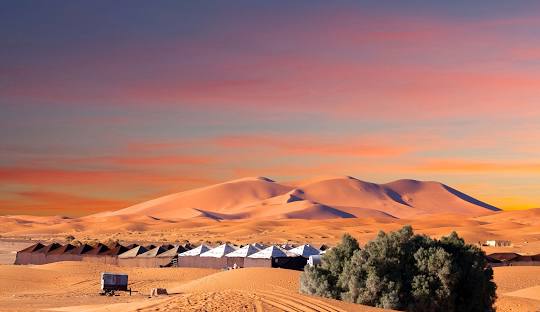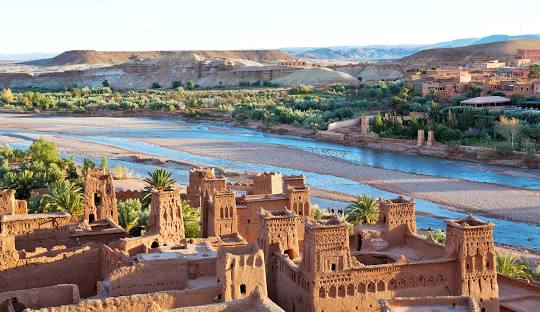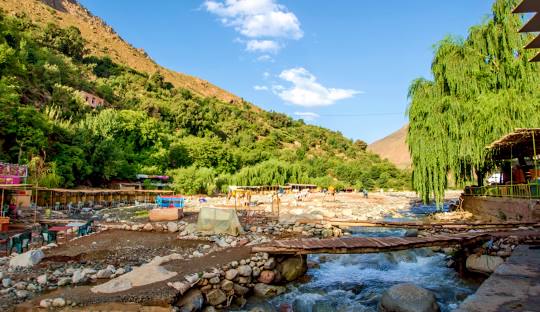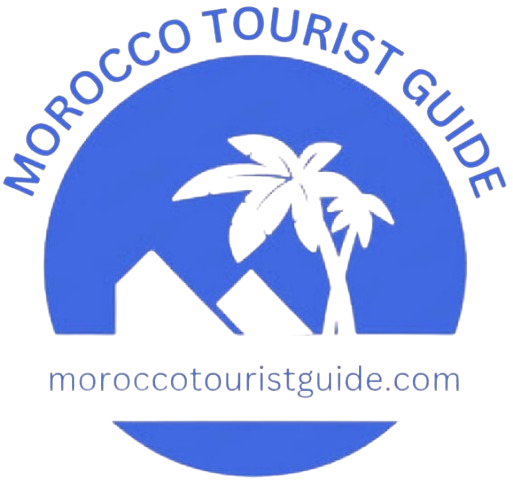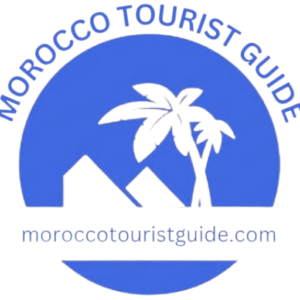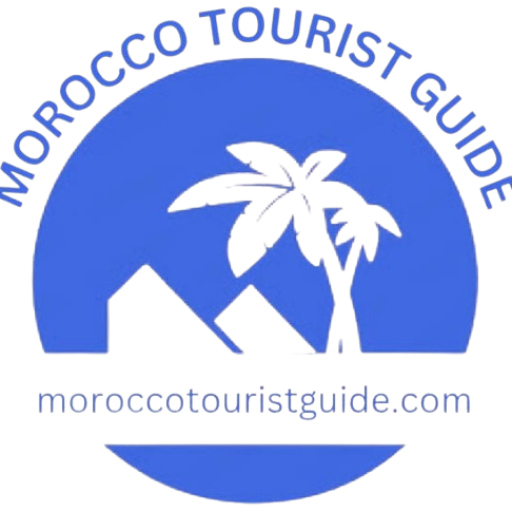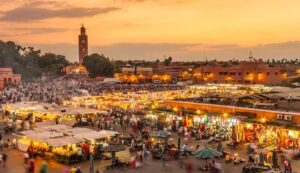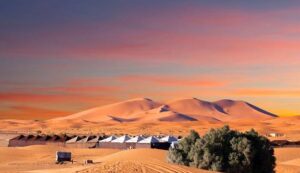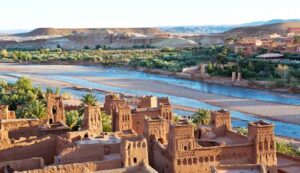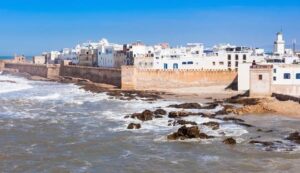Nestled in the northwest corner of Africa, the country Morocco is a captivating and multifaceted destination that beckons travelers with its rich tapestry of culture, history, and natural beauty. This diverse North African nation, often referred to as the gateway to Africa, is a land of contrasts, where ancient traditions meet modern aspirations, and where the rugged Atlas Mountains give way to the sweeping sands of the Sahara Desert.
The country Morocco
In this extensive exploration, we delve into the multifaceted facets of the country Morocco, offering insights into its history, culture, geography, and the experiences it has to offer. Morocco’s geography is a spectacular mosaic of contrasts. It encompasses the towering peaks of the Atlas Mountains, which stretch from the southwest to the northeast of the country.
The High Atlas, Middle Atlas, and Anti-Atlas ranges offer breathtaking vistas, and Mount Toubkal, North Africa’s highest peak, lures adventurers with its challenging hikes. These mountains are interspersed with fertile valleys, where Berber communities cultivate crops and tend to their centuries-old traditions.
To the east, the Sahara Desert unfolds like a golden ocean, its immense sand dunes shifting under the relentless sun. Merzouga and Erg Chebbi are renowned desert destinations of the country Morocco where travelers can embark on camel treks, camp under the stars, and experience the silence and vastness of the desert.
The Sahara’s dramatic landscapes, oases, and nomadic communities paint a vivid picture of life in this arid yet mesmerizing environment. The Moroccan coastline stretches along both the Atlantic Ocean and the Mediterranean Sea, offering pristine beaches, historic port cities, and picturesque fishing villages. Essaouira, with its unique blue and white architecture, is a coastal gem known for its art scene, fresh seafood, and inviting beaches.
History of the country Morocco is a complex narrative shaped by centuries of cultural interactions, trade routes, and conquests. The region’s indigenous Berber tribes laid the foundation for the country’s identity, while Phoenicians, Carthaginians, Romans, and Arab invaders all left their mark. In the 8th century, Morocco became a center of Islamic civilization, and the Almoravid and Almohad dynasties constructed great architecture enduring to this day.
One of the most significant chapters in Morocco’s history is the Arab-Andalusian influence, as Andalusian refugees fleeing the fall of Al-Andalus in Spain brought their knowledge, art, and architecture to Morocco. The cities of Fes, Marrakech, and Cordoba became centers of learning and culture during this period.
Both the Saadian Dynasty in the 16th century and the Alaouite one in the 17th century played pivotal roles in shaping modern face of the country Morocco today. The country’s strategic location led to European colonial interests in the 19th and early 20th centuries, with France and Spain establishing their presence.
Morocco’s culture is a colorful mosaic that reflects its diverse history. Arab, Berber, and European influences have merged to create a unique way of life. Moroccan cuisine is renowned for its aromatic spices, with tagines, couscous, and mint tea among the staples. The bustling medinas, or old towns, of cities like Marrakech and Fes are living museums of traditional craftsmanship, where artisans create intricate mosaic tilework, leather goods and textiles.
Hospitality of the country Morocco is legendary, and the concept of blessing is deeply ingrained. Visitors are often welcomed with open arms, and it’s customary to share tea and conversation as a gesture of friendship. Morocco’s festivals and celebrations, such as Eid Al Fitr and the Festival of Roses, offer opportunities for travelers to immerse themselves in local traditions and festivities.
Morocco’s cities are vibrant hubs of culture and commerce. Marrakech, with its bustling souks, ornate palaces, and lively Jemaa El Fna square, is a sensory feast for visitors. Fes boasts one of the world’s oldest universities and a UNESCO-listed medina that transports you back in time. Casablanca, Morocco’s economic capital, is a modern metropolis with a blend of contemporary architecture.
Beyond the cities, the country Morocco is a land of natural wonders. Ourika Valley, with its cascading waterfalls and lush vegetation, offers a refreshing escape from the desert’s aridity. The Todra and Dades Gorges are dramatic canyons carved by rivers through the High Atlas. In contrast, the blue-painted streets of Chefchaouen provide a serene and picturesque setting in the Rif Mountains.
Morocco is an adventurer’s playground. Trekkers can explore the Atlas Mountains, scaling peaks and traversing valleys. Water enthusiasts can surf the Atlantic waves in Essaouira or go enjoy photography in the Ourika River. The Sahara Desert beckons with camel treks, sandboarding, and the allure of stargazing in the vast expanse of its night sky.
The allure of country Morocco’s lies in its multifaceted nature, where ancient traditions and modern aspirations, natural beauty, and architectural marvels coexist in perfect harmony. This captivating country, with its rich history, diverse culture, and breathtaking landscapes, promises travelers an unforgettable journey that will leave an indelible mark on their hearts and minds.

